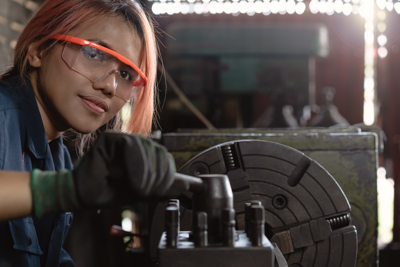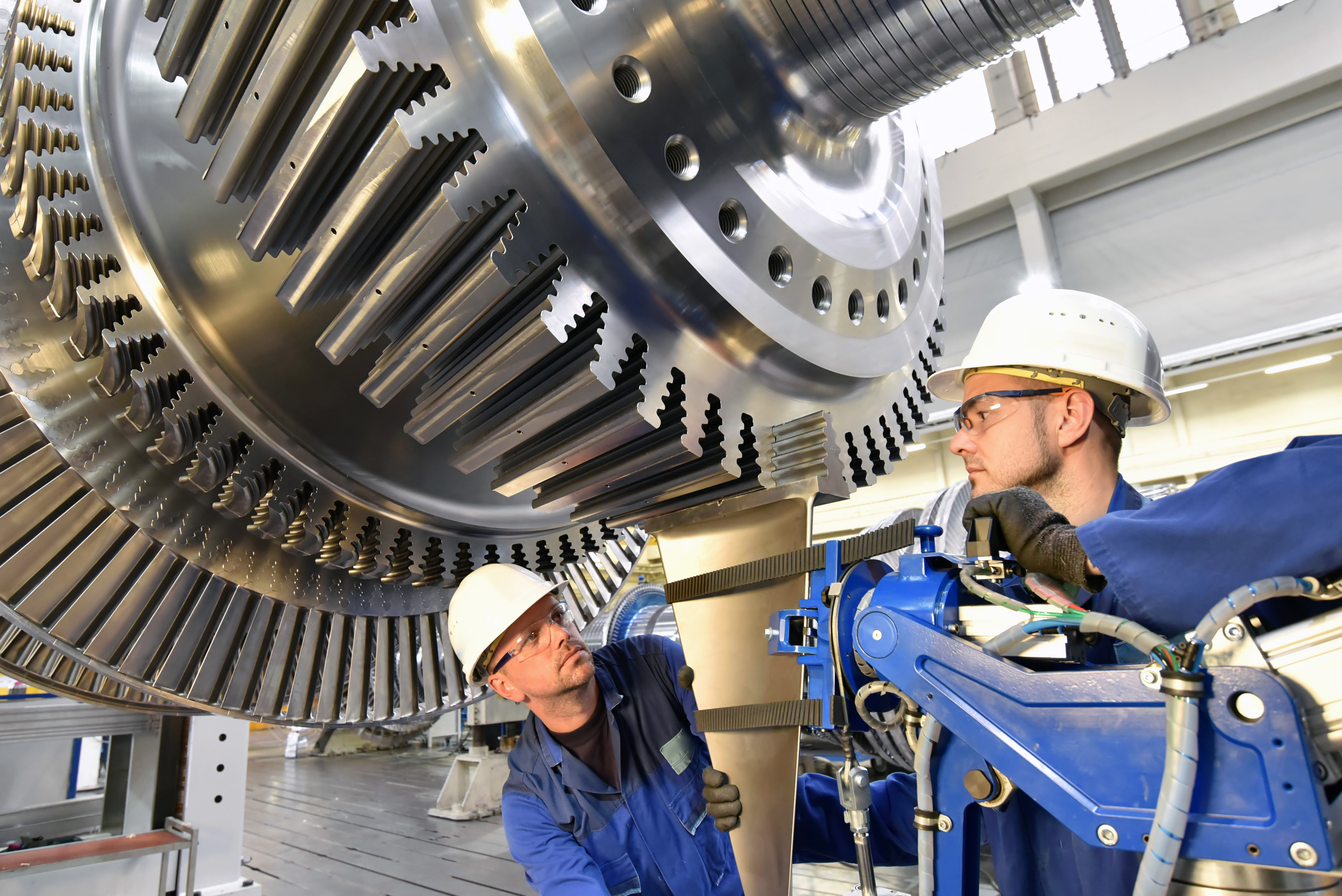Made Smarter has helped numerous makers with an ageing or not yet digitally competent workforce. For instance, our team have worked with a precision engineering company that had a number of staff approaching retirement age, no immediate successors in place, and struggled to find suitably qualified candidates locally.
Our advisers, on the other hand, have observed how unsustainable it is to have silos of workers with one specialist skill that they use for life – an individual has to get involved in multiple parts of the supply chain.
To be able to assess skill sets and identify areas for upskilling, you may wish to consider Organisational Workforce Development (OWD). It analyses your business goals, as well as how systems, processes and practices can help towards achieving these. The right skills can then be put in place to tackle any challenges you may face along the way.
Through the workforce development support offered by Made Smarter, team members can be aligned to the future of manufacturing. We provide fully funded, specialist OWD advice to gauge readiness and adoption success.
Then there is our digital transformation workshops, extremely useful when building out your strategy, including the skills required to fulfill it.
Turn to Made Smarter today for help with your own digital journey. Our support also includes up to 50% match-funding and tailored advice. Speak to us to take your workforce into the future.






